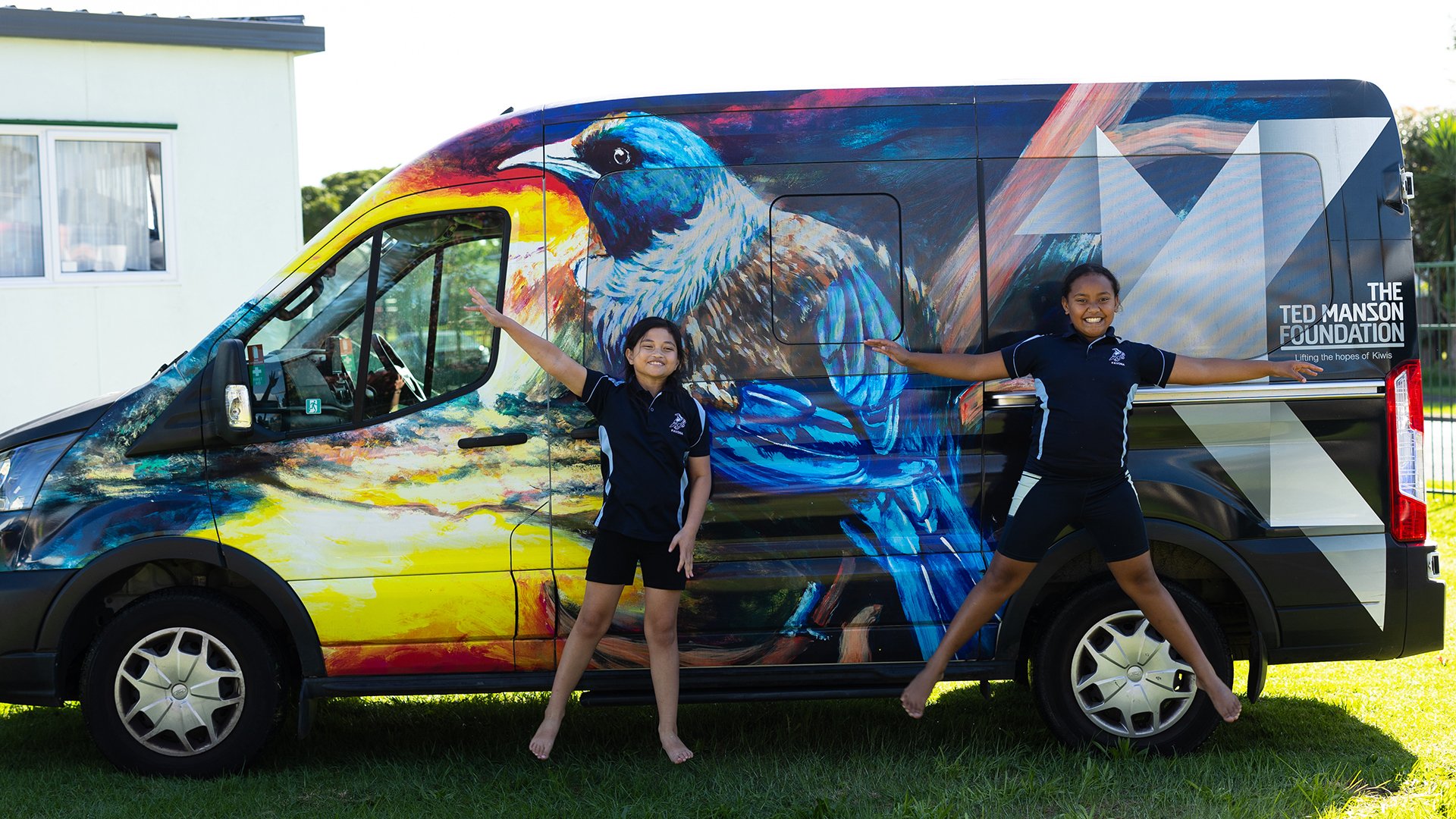
Building confidence with vision screening

Undetected vision issues impact a child's learning and confidence
Spotting the signs early
In term 1 of 2024, Painga Project screened students for hearing and vision issues at a Papakura primary school. During the vision screening for a year 6 student, the following concerns were identified:
The Keeler chart test showed severe myopia (impaired long-distance vision) in one eye, while the other eye had 20:20 vision.
The screening camera detected astigmatism.
Struggling in silence
The student was finding school difficult and performing well below their expected level. They had never had an eye test or been prescribed glasses, making everyday learning a challenge.
Taking action
Painga Project had arranged for the team to be based at Papakura Intermediate School during the April school holidays to follow up with students needing further support.
After identifying the vision concerns, the team contacted the student’s whānau and secured an appointment. The optometrist conducted a full eye examination and prescribed a pair of glasses.
Lessons learned
This student’s experience provided several key learnings:
Supporting whānau – The student’s whānau were hesitant about glasses, as the parent had been bullied for wearing them in the past. Building an open and accessible relationship with whānau was the key to overcoming hesitancy.
The importance of early intervention – The student had likely developed amblyopia (lazy eye). If diagnosed and treated earlier, between the ages of five and seven, interventions such as glasses and patching could have prevented long-term vision issues.
Ensuring access to glasses – The team provided only one pair of glasses, whereas other providers, such as Specsavers, offer two. Since the student’s school kept the glasses on-site over the summer holidays to prevent loss, they had no second pair for home and went without glasses for six to eight weeks. By the start of the 2025 school year, the student felt their glasses were no longer effective. A visit to Specsavers confirmed the prescription was correct, but because of the imbalance between their eyes, the student needed time to adjust to wearing glasses again. Painga Project supported the student by organising a second pair of glasses to prevent future gaps in access.

